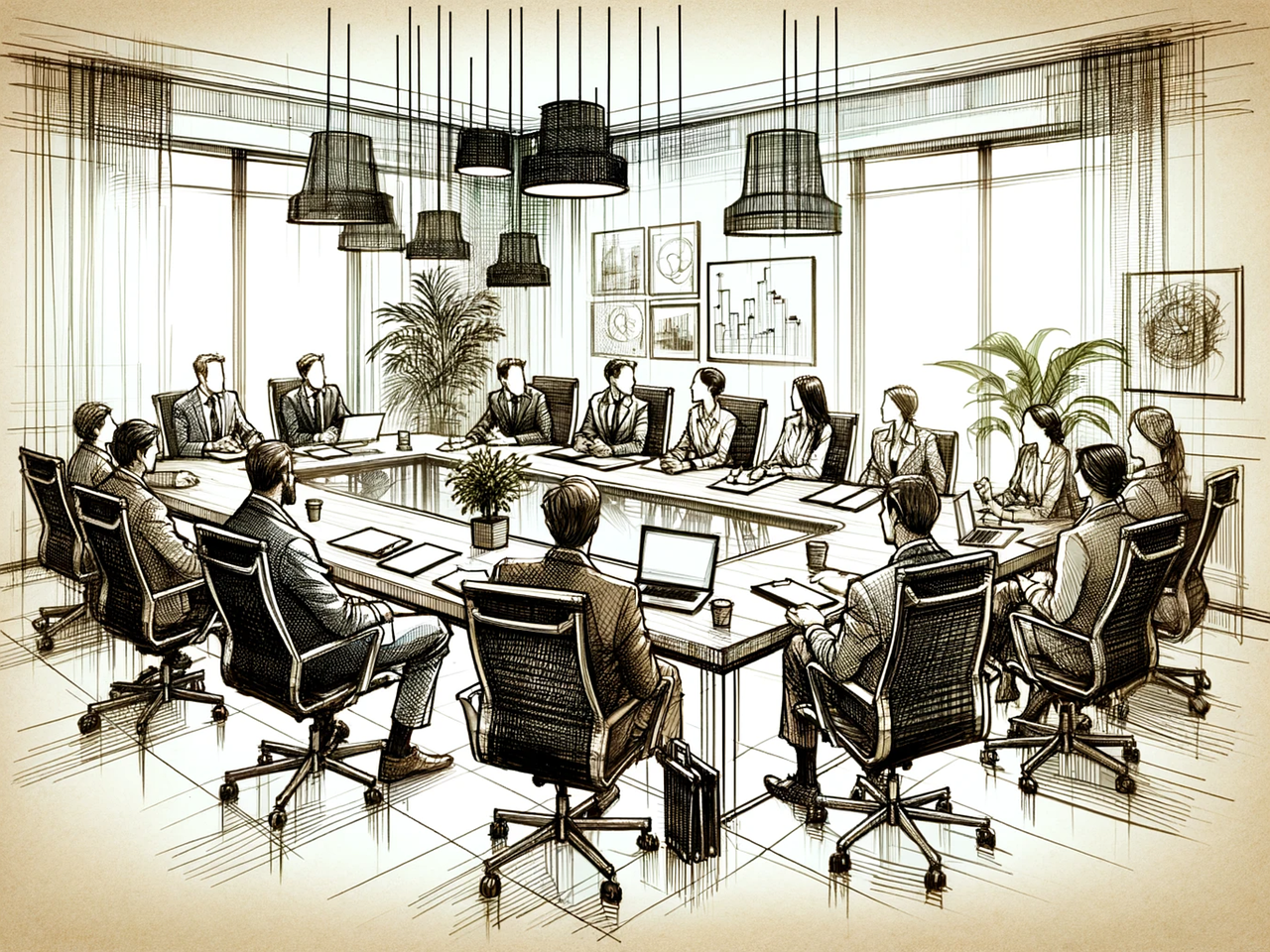Representatives from the European Commission and coordinators of EU-funded research cooperation projects targeting various geographical areas worldwide met in Budapest, Hungary to promote synergies among the projects and facilitate dialogue between the projects’ consortia and the European Commission. In light of the approaching first call for proposals under Horizon 2020, the EU’s new research and innovation framework programme for the next seven years, those present at the Hungaria Conference Hall of Continental Zara Hotel had the chance to exchange opinions on the work that has been carried out under the soon-to-end FP7 and prepare a strategy to increase cooperation between existing and future EU initiatives.
Opening the workshop, Ms. Elisabeth Lipiatou, Head of Unit at European Commission’s DG Research and Innovation, highlighted the double significance of this year’s ILN meeting.
“This 8th ILN workshop is a great opportunity for the Commission to meet with coordinators and researchers in the hope that we can all learn from each other. Secondly, we are now less than two months away from the beginning of Horizon 2020.”
Quantifying the achievements
The 8th International Learning Network Workshop was dedicated to the idea of fostering innovation through stimulating international cooperation, and was divided into four parts – EU tools to support cooperation, Perspectives from stakeholders, three parallel sessions focusing on activities in neighbourhood, developing and industrialised countries, and conclusions.
With the aim to give examples of what is currently available on EU and national level in terms of cooperation, the first session introduced the work of the European Institute of Innovation and Technology (EIT) together with those of the Hungarian Investment and Trade Agency (HITA).
“What we want to achieve now is a culture based on entrepreneurial spirit and cooperation” said Mathea Fammels, Head of the Policy and Communication Unit at the EIT. By referring to the EU’s knowledge triangle, Fammels praised the work of the Institute’s operational basis – the Knowledge and Innovation Communities (KICs) – and called for more such autonomous networks which bring bright researchers and students together. For the national level perspective, Monika Aliz Meszaros from HITA introduced the activities undertaken to support Hungarian SMEs in forming international partnerships.
Explaining the vision of the EU in terms of innovation, Lipiatou stressed the importance of supporting SMEs and more marketable results. It is then expected that the new mechanism, which is based on three pillars – Excellent science, Industrial leadership and Societal Challenges - will rely on cross-cutting activities and the creation of synergies between organizations.
A new approach
Next to the Commission and coordinators, the panel dedicated to setting up international innovation partnerships also introduced the perspectives from other stakeholders, such as the World Bank Institute and various European networks. In terms of establishing partnerships, the opinions were unanimous in the belief that the EU needs a new approach outside its borders.
“The world is in the middle of a change and the traditional north-south paradigm on information flow is now outdated” said Ilari Lindy from the World Bank Institute. “The solution to productive cooperation lies now on listening to and inclusion of local stakeholders”.
On the same note, Jarmo Eskelinen, CEO of Forum Virium Helsinki, stated that Europe needs to reassess itself in relation to other geographical areas. “Europe will never grow to what it was in the past”. Eskelinen then emphasized the potential of business done by and for the people. “Let’s look at cities as living organisms which can adapt and find solutions to their problems”. Giving the example of various apps developed by Nordic entrepreneurs but replicated in highly-populated southern metropolises, Eskelinen showed how business models which rely on content provided by citizens represent a viable form of international cooperation.

Bringing innovation to the market
Despite the differences between the three categories of countries included in the parallel sessions, the rapporteurs for each group submitted similar results. On behalf of the coordinators attending the workshop, the key concerns expressed referred to the continuation of existing EU initiatives – such as ERA-WIDE and INCONET – and training of researchers so as to be able to attract non-EU sources of funding.
Alberto Soraci from INNOVA BIC expressed concern for attracting investors. “An important issue now is attracting funding from venture capitalists. It often happens that researches don’t know how to make and present a business plan, so they simply stop the project.”
With respect to collaboration between the EU and non-EU countries, several participants called for more help for EU in countries where public-private partnerships are difficult or non-existent. At the same time, they expressed hope for a strategy which will couple existing capabilities in neighbourhood countries – such as the strong research base in former Soviet countries – with the market experience of Western Europe.
As a general comment, coordinators remarked that there is still no consensus over what the words “innovation” and “SME” stand for in various geographical areas where the EU is seeking collaboration. Several complained that the different understanding of the terms, as well as socio-cultural differences become obstacles in the work of researchers.
In response to the concerns raised by the project coordinators, Thierry Devars, International Relations Officer at the European Commission’s DG Research and Innovation, pointed to the existing success stories and pleaded for a leap of faith. “In the beginning, nobody expected the collaboration with Africa to be this successful, yet it is one of our biggest achievements. With EU projects you need to be a believer”.
To improve the communication between existing projects, their coordinators and the Commission, the participants agreed to make use of the ILN platform, whose applications and benefits were introduced in a presentation by Martina de Sole from APRE, the Agency for the Promotion of European Research.
The workshop ended with establishing the agenda for the next and last ILN meeting, which will take place in Brussels, in October 2014.
The 8th ILN Workshop was organized at the initiative of the European Commission, together with APRE, FORTH and Europa Media, which together form the ILN consortium.




